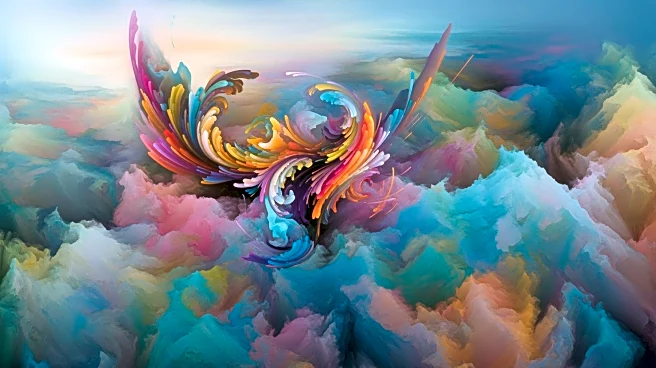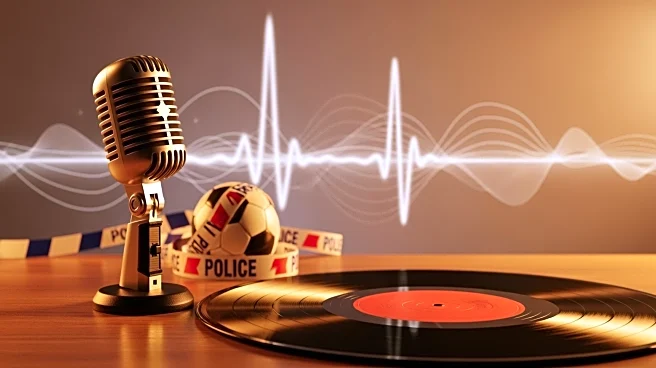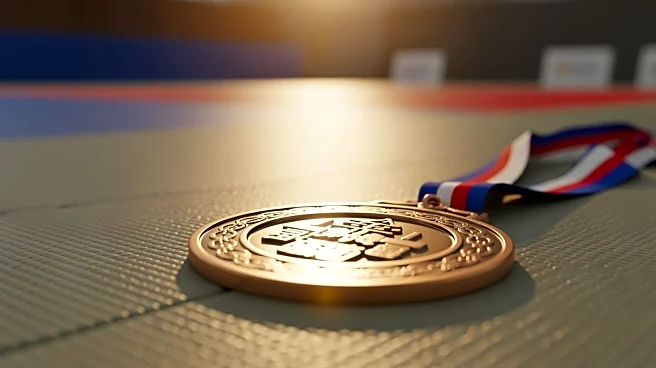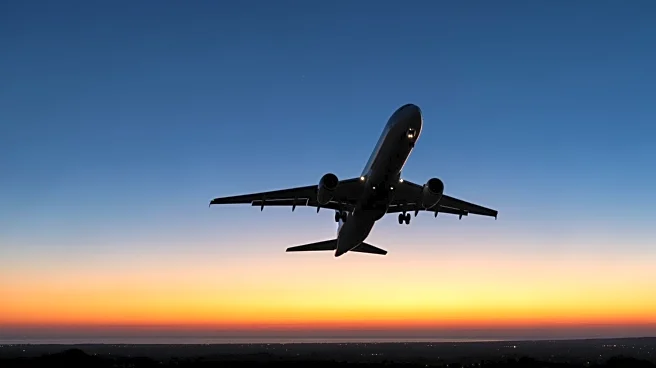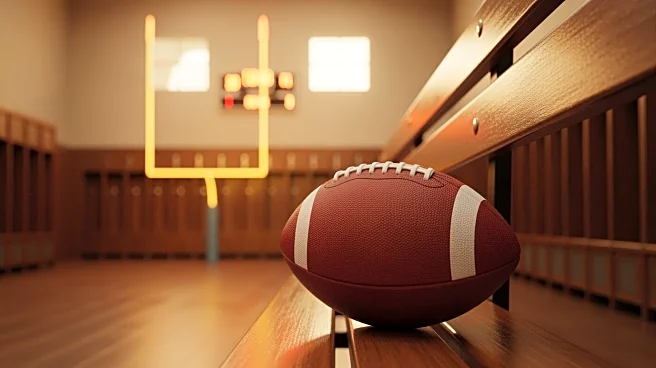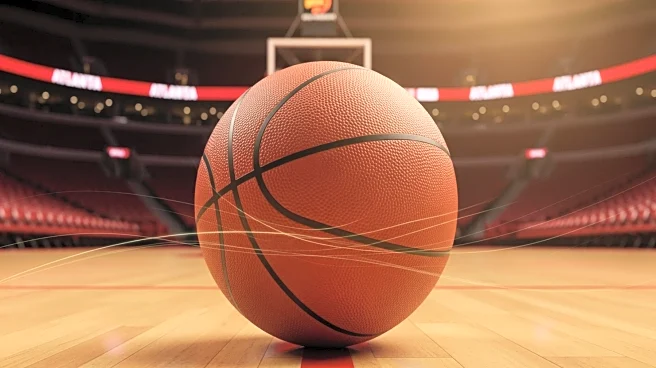What's Happening?
AI image generators like ChatGPT, Midjourney, and others have made significant strides in creative software, yet they still face challenges with image accuracy, particularly with human faces and complex elements. CNET's Katelyn Chedraoui highlights common
issues such as inaccurate facial expressions and difficulties rendering logos or trademarks. Despite these challenges, AI tools offer editing capabilities to correct errors, and experts suggest simplifying prompts and using post-generation tools to improve image quality. The article provides insights into optimizing AI-generated images and acknowledges the ongoing development efforts to enhance these technologies.
Why It's Important?
The ability to generate accurate and realistic images is crucial for industries relying on AI for creative content, such as marketing, entertainment, and design. Addressing the limitations of AI image generators can enhance their utility and reliability, reducing the need for extensive manual corrections. As AI continues to integrate into creative processes, improving image accuracy can lead to more efficient workflows and innovative content creation. The discussion also underscores the importance of ethical considerations, such as avoiding copyright infringement, when using AI-generated images.
Beyond the Headlines
The challenges faced by AI image generators highlight broader issues in AI development, such as the need for diverse training data and robust algorithms to handle complex tasks. These challenges also raise questions about the role of human oversight in AI-driven creative processes and the potential for AI to complement rather than replace human creativity. As AI technologies evolve, ongoing dialogue about their ethical and practical implications will be essential to ensure they are used responsibly and effectively.
